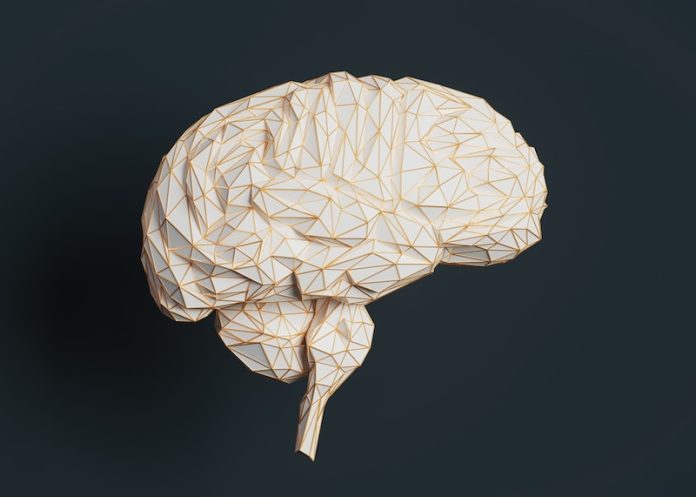
Scientists have discovered that certain brain cells in people with Alzheimer’s act strangely.
Katherine Prater, a brain expert from the University of Washington School of Medicine, says this could be a sign. If we understand these cells better, we might find new ways to treat Alzheimer’s.
What are these cells and what do they do?
There are special cells in our brain called microglia. They help our brain grow, clean up waste, and protect against germs.
But in Alzheimer’s patients, these cells might not work the same way. They try to clear out harmful proteins in the brain, but they might also cause harm by killing healthy brain cells.
To find out what these cells do, scientists studied the genes inside them. Genes give cells instructions on how to act. By looking at the genes, we can guess what the cell might be doing.
Scientists used a special method to read these genes. They checked brain cells from 12 people with Alzheimer’s and 10 people without it.
They found that in both groups, there were many types of microglia. But in Alzheimer’s brains, some types of cells were more common than in healthy brains.
Katherine Prater says that we don’t know yet if these cells are causing the problems in Alzheimer’s, or if they’re just reacting to it.
Different Cells, Different Jobs
Some of the cells in Alzheimer’s brains looked like they were getting ready to cause inflammation, which is not good. These cells might also be bad at cleaning up waste.
There were also fewer of the good cells that help our brains stay healthy as we get older.
Katherine Prater hopes that by knowing more about these cells, we might find ways to help them work better. This could be a new way to fight against Alzheimer’s.
A Big Thank You and Some Technical Stuff
The scientists wanted to thank the people who gave their brains for this study. They also thanked some special teams and labs that helped with their research.
To do their work, the scientists used a powerful computer at the University of Washington. This computer helped them study the cells and understand them better.
If you care about brain health, please read studies about vitamin D deficiency linked to Alzheimer’s and vascular dementia, and blood pressure problem at night may increase Alzheimer’s risk.
For more information about brain health, please see recent studies about antioxidants that could help reduce dementia risk, and epilepsy drug may help treat Alzheimer’s disease.
The study was published in Nature Aging.
Follow us on Twitter for more articles about this topic.
Copyright © 2023 Knowridge Science Report. All rights reserved.



